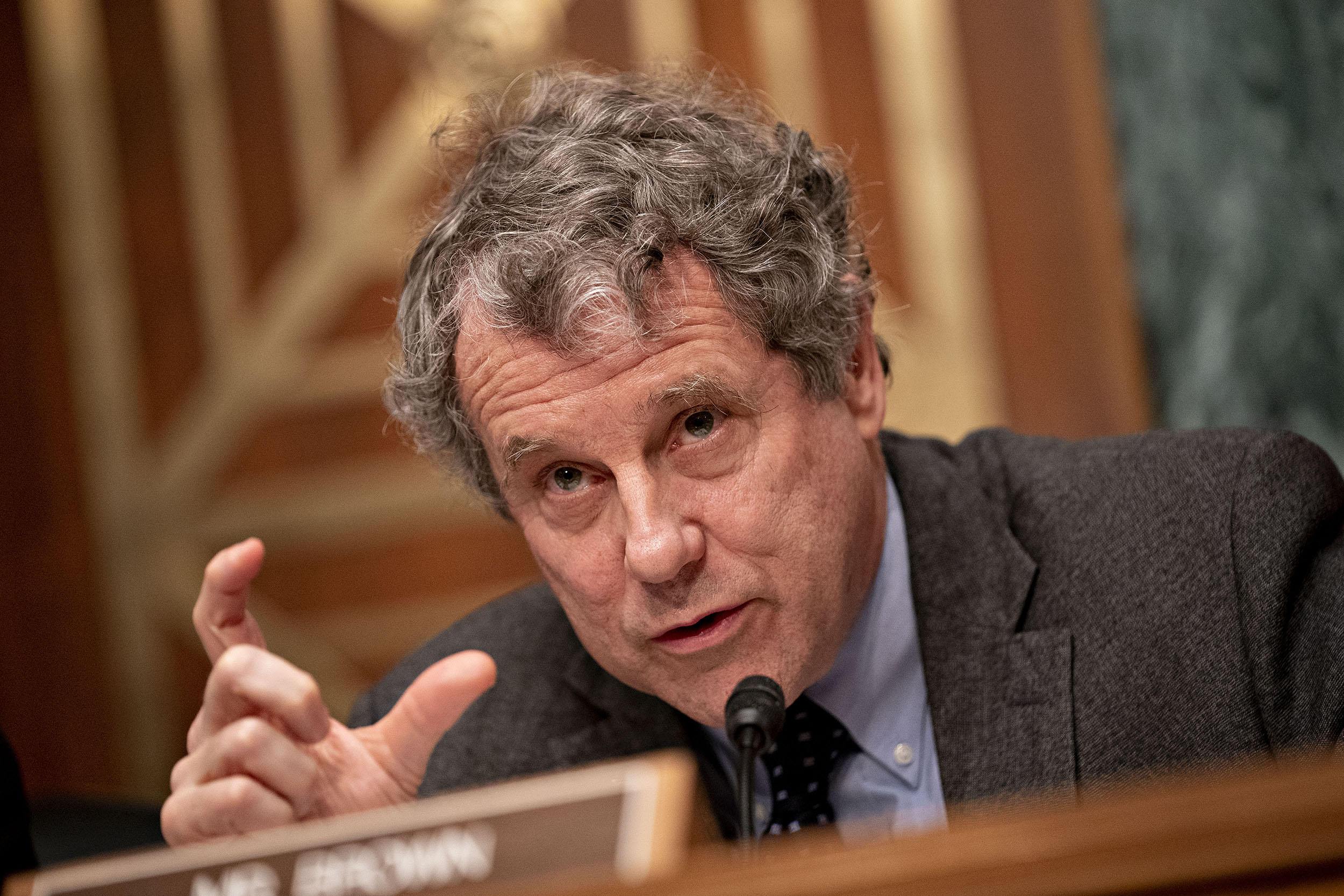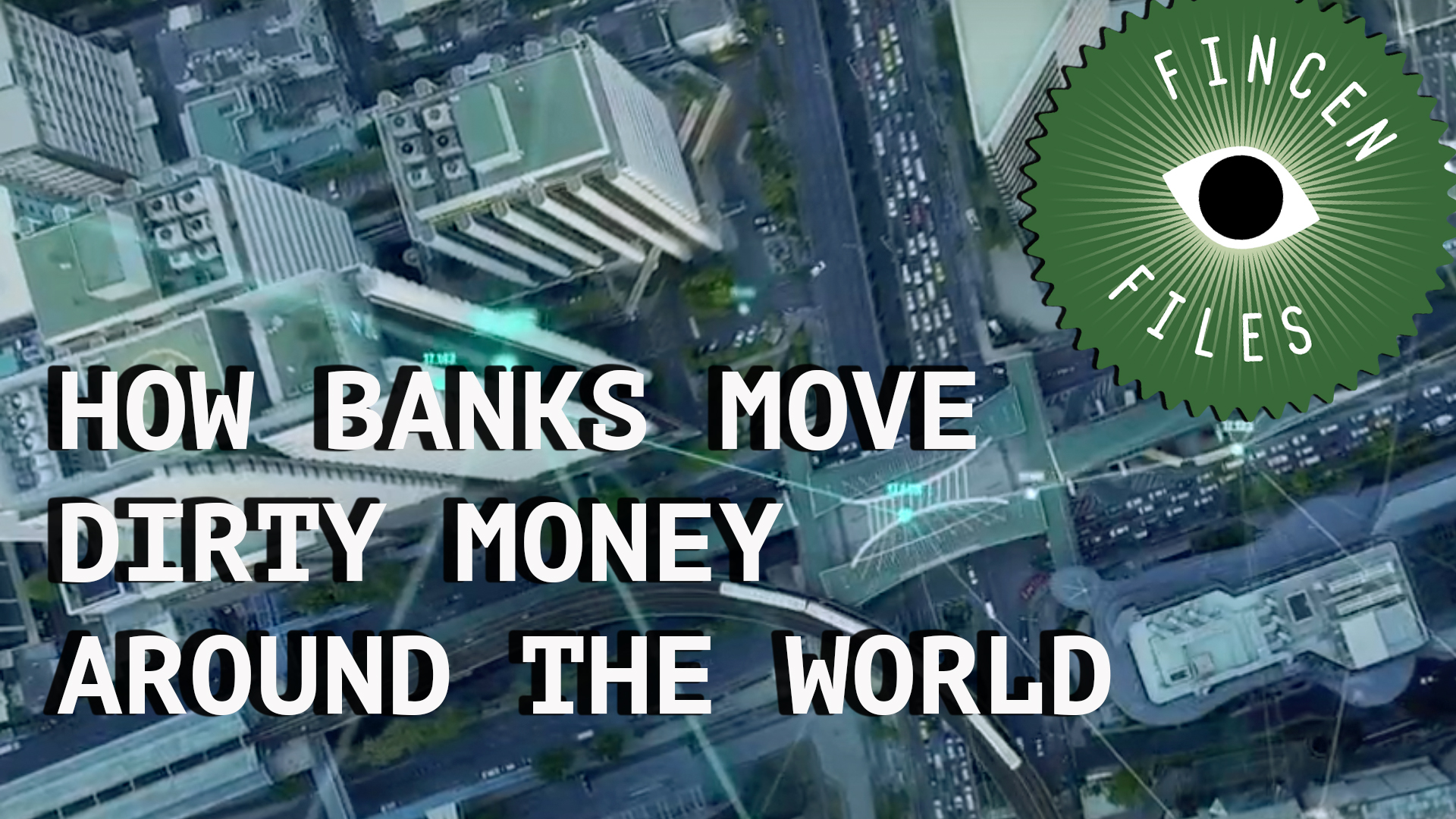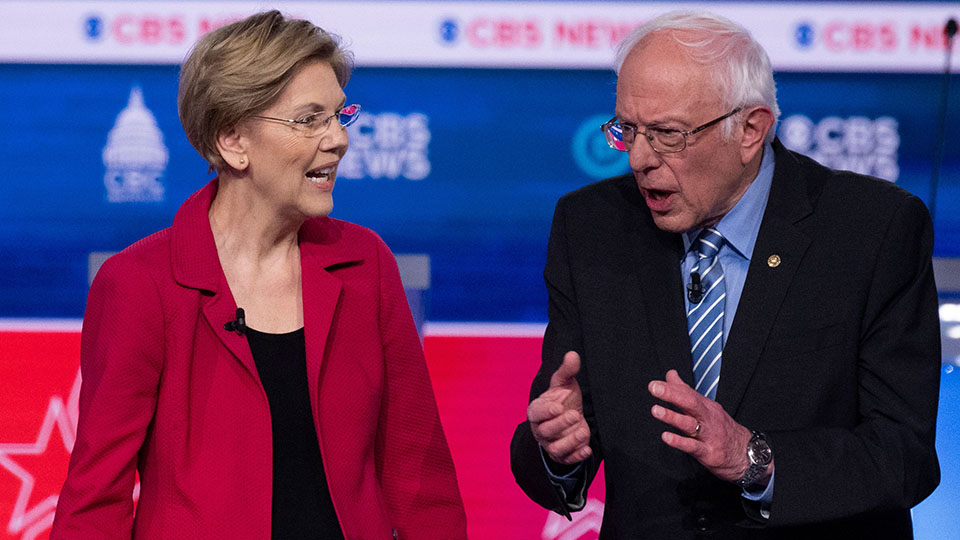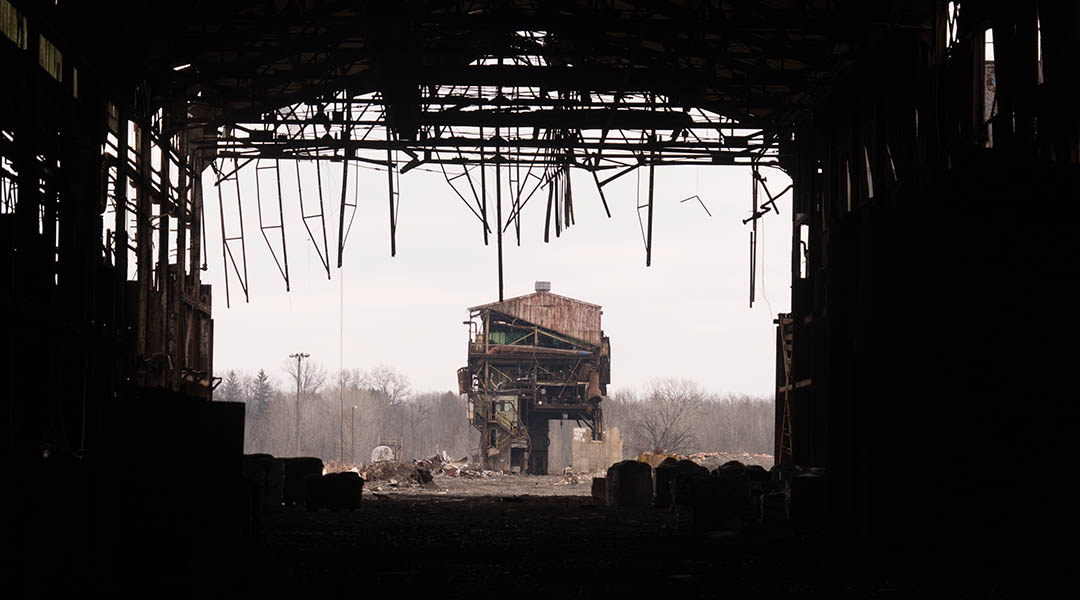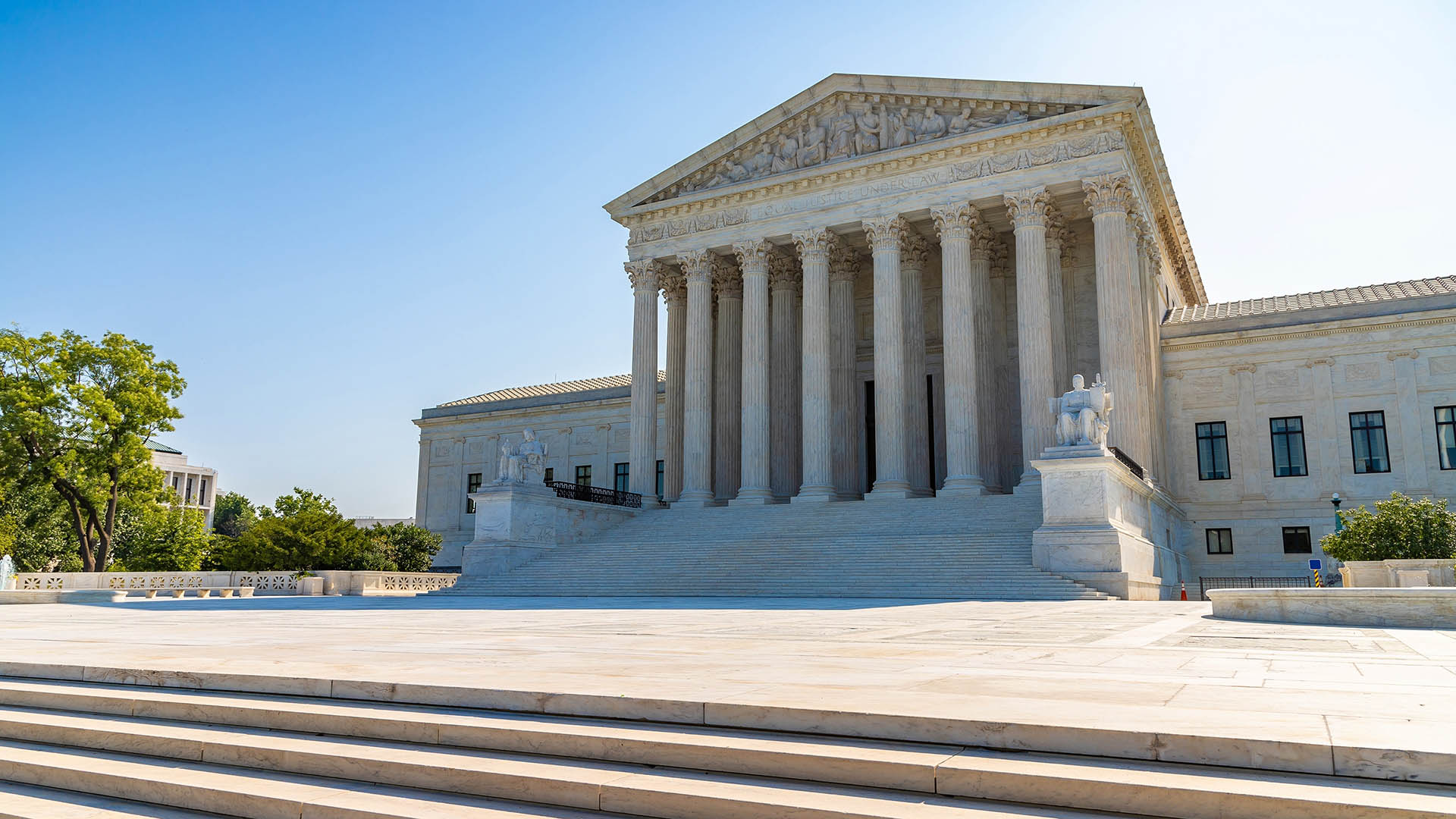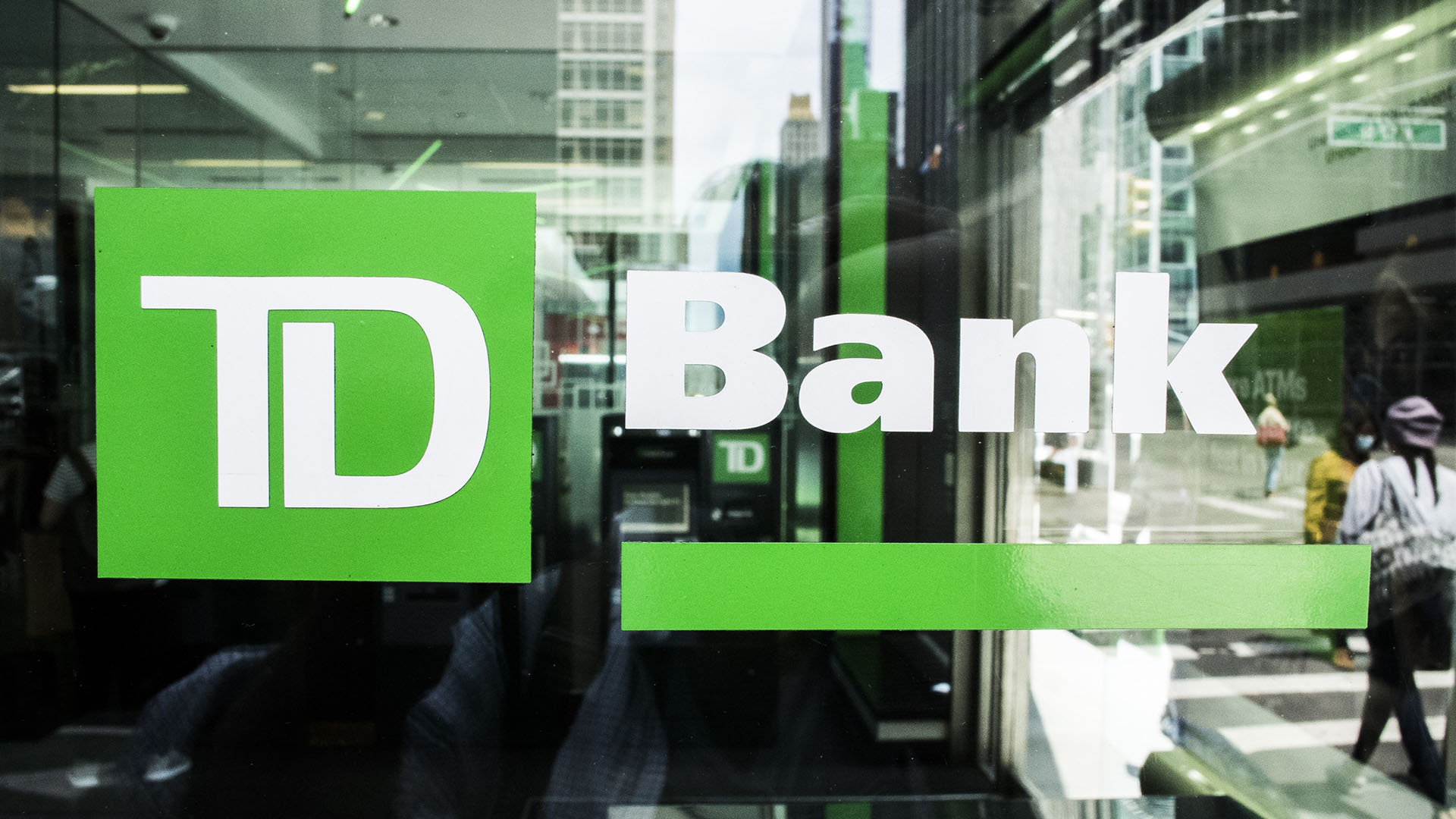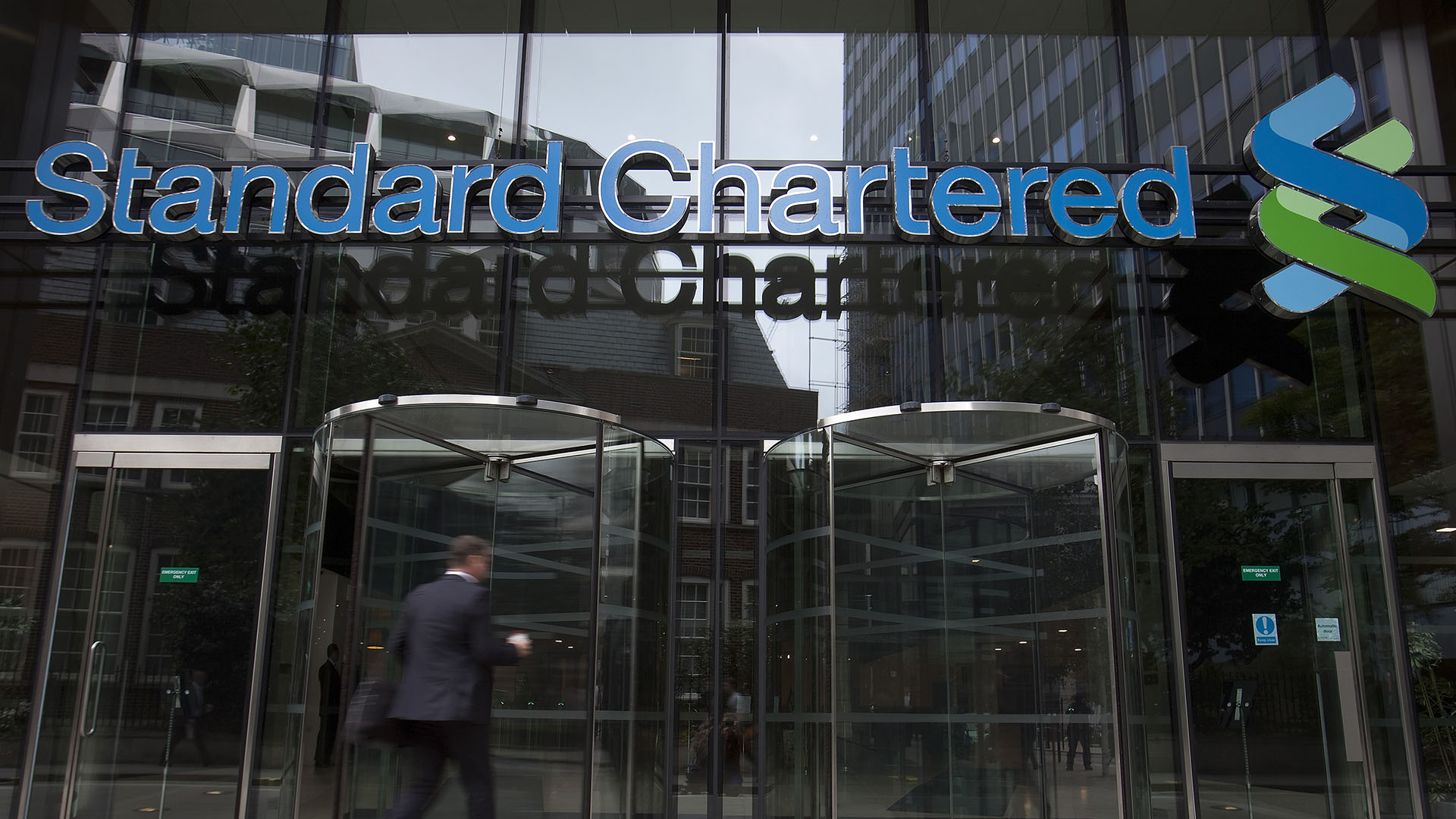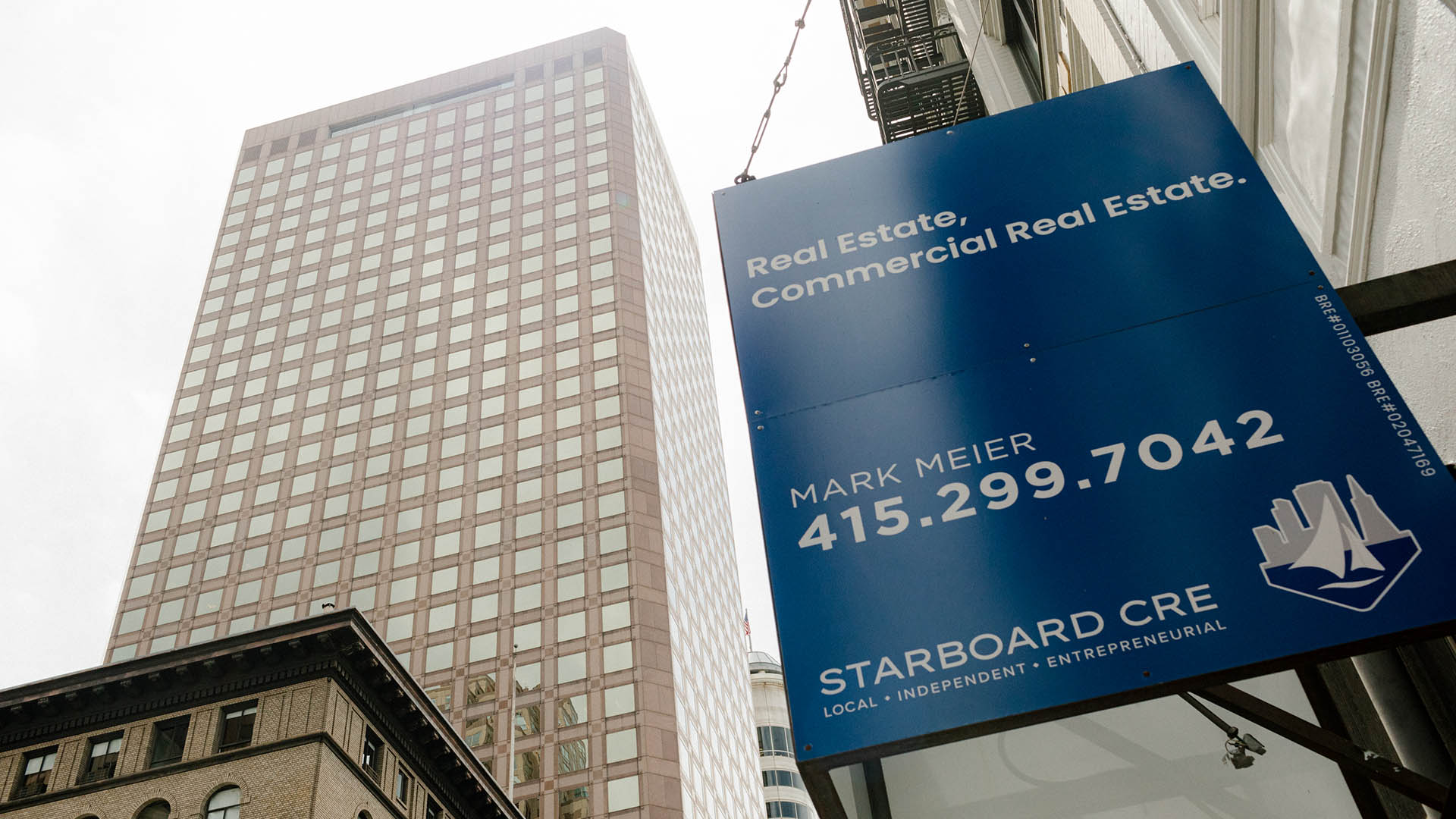In the wake of the FinCEN Files revelations about global banks profiting from the flow of dirty money, the top Democrat on the U.S. Senate banking committee says American authorities should prosecute bankers who allow their institutions to profit from moving money for criminals and corrupt regimes.
“I think if some bankers go to jail, that stuff stops happening,” U.S. Sen. Sherrod Brown of Ohio said in a telephone interview with the International Consortium of Investigative Journalists. “One or two big-deal bankers going to jail, and the world will change a bit.”
Brown said that should Democrats win back the Senate next month, he would use his new position as committee chairman next year to scrutinize the lack of prosecutions and those banks that blatantly allow dirty money to flow through the institutions.
ICIJ, BuzzFeed News and other reporting partners found that big banks — including JPMorgan Chase, HSBC and Deutsche Bank — continued moving money for shadowy characters and criminal networks even after U.S. authorities fined these financial institutions for earlier failures to stem flows of illicit money.
Brown credited the FinCEN Files investigation with revealing the lack of forceful enforcement actions against banks that repeatedly violate the law, a problem that he hopes will be addressed by the proposed Anti-Money-Laundering Act of 2020, which he is co-sponsoring with a bipartisan group of senators.
“The FinCEN Files series revealed longstanding problems [involving] willful violators of our nation’s laws,” Brown said. “We’re hopeful this new bill, that once it comes into law — and I think it will — it will be a lot harder for them to violate these laws and that they’ll pay a price when they do.”
Obama could have been more aggressive. The Justice Department should have been more aggressive, and the regulators should have been more aggressive.
— Sen. Sherrod Brown
The proposed legislation, co-authored by Republican Sen. Mike Crapo, banking committee chair from Idaho, would boost penalties for repeat offenders and require limited liability companies to disclose the true owners, including those with at least a 25% stake or who own a controlling interest. Currently, money launderers and other criminals hide behind shell companies created in Delaware, Wyoming and other tax haven states to open bank accounts and move ill-gotten gains.
The names would be shared with the U.S. Treasury’s Financial Crimes Enforcement Network, known as FinCEN, which would provide the information under strict safeguards to law enforcement and other government agencies.
Brown said the lack of criminal enforcement goes back to the aftermath of the 2008 financial crisis when the Obama administration failed to aggressively prosecute executives behind the wave of financial fraud that led to the crash.
“One of the biggest mistakes of the Obama administration was that no one went to jail” for high-level financial crimes, Brown said. “Obama could have been more aggressive. The Justice Department should have been more aggressive, and the regulators should have been more aggressive.”
Over the past decade, global banks like HSBC have been granted deferred prosecution agreements by the Justice Department even after they were found willfully breaking the law by laundering money for dangerous groups, including drug cartels and networks supporting Iran’s nuclear weapons program, records show.
After HSBC was caught by the government, the bank kept moving money tied to criminal enterprises, including an international Ponzi scheme that bilked thousands of investors out of their savings, ICIJ and BuzzFeed found.
Many political analysts predict that Democrats could take control of the Senate in the Nov. 3 elections. If that happens, Brown would take over as chairman of the Senate Committee on Banking, Housing and Urban Affairs. As the leader, he told ICIJ, he’d be in an even better position to examine big banks’ practices, and the dirty money “sloshing around the world.”
The issues are important because money laundering is “absolutely not” a victimless crime, Brown said.
As an example, he pointed to ICIJ’s reporting on Ihor Kolomoisky, a Ukrainian billionaire who has been accused by U.S. prosecutors of secretly plowing hundreds of millions of dollars stolen from a Ukrainian bank into investments in Ohio and other places in the American heartland.
Over a decade, Kolomoisky and his associates secretly amassed a U.S. real estate empire, including four skyscrapers and a hotel in downtown Cleveland that turned them into the largest commercial property owners in the city.
In their wake, Kolomoisky and the others left a trail of empty, boarded-up buildings, unpaid property taxes, dangerous factory conditions, unemployed workers and at least four steel mills that filed for bankruptcy, ICIJ found. In Ohio, more than 160 workers lost their jobs after Kolomoisky and his partners abandoned the plant in Warren in 2016, leaving piles of hazardous waste and workers without insurance, court records show.
Brown said he wasn’t surprised to learn that a Ukrainian oligarch has been accused of funneling dirty cash into the U.S. Wealthy and sometimes corrupt people from around the world frequently hide their money in high-priced investments in Miami, New York and other hot real estate markets.
In the Kolomoisky case, Brown said, “the surprise is that it was in Cleveland.”
Brown said he was concerned about the role that Deutsche Bank played in moving millions of dollars into the U.S. for Kolomoisky and his partners to buy the skyscrapers and steel factories.
ICIJ found most of those companies were registered in the Caribbean with no known owner, active business or office — hallmark signs of shell entities used for money laundering, experts said.
“There are always willing participants like Deutsche Bank,” Brown said. “I expect to explore a lot more of this: What banks are doing.”
Deutsche Bank didn’t respond to written questions from ICIJ about transactions involving Kolomoisky or his companies, saying it was legally restricted from talking about clients.
The bank said it has acknowledged “past weaknesses” and “learnt from our mistakes” and that it has addressed many of the problems turned up by regulators.
Tom Creal, a forensic accountant who led financial crimes inquiries for the United Nations Security Council, said the role of Congress will be critical to pressure law enforcement to take tougher action against banks, including imposing criminal charges.
“It will raise the level [of concern],” said Creal, who investigated financial corruption for the U.S. military. “You have to have someone who wants to take action. The laws are there. [The banks] are aiding and abetting criminal activities.”
